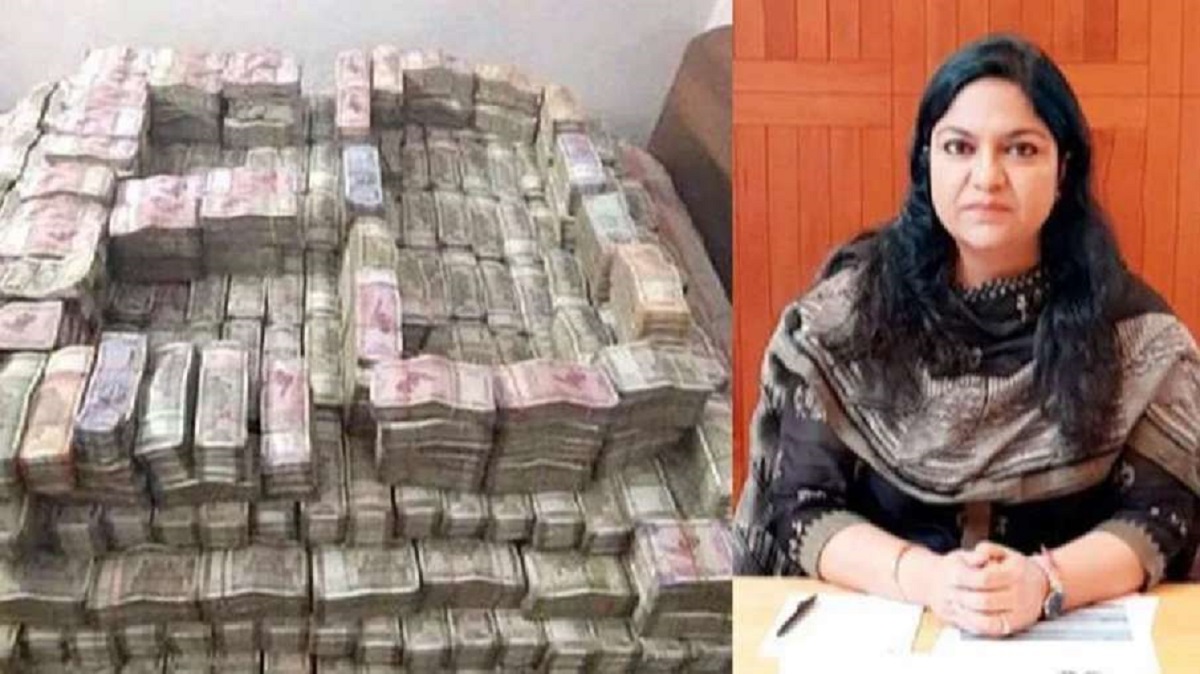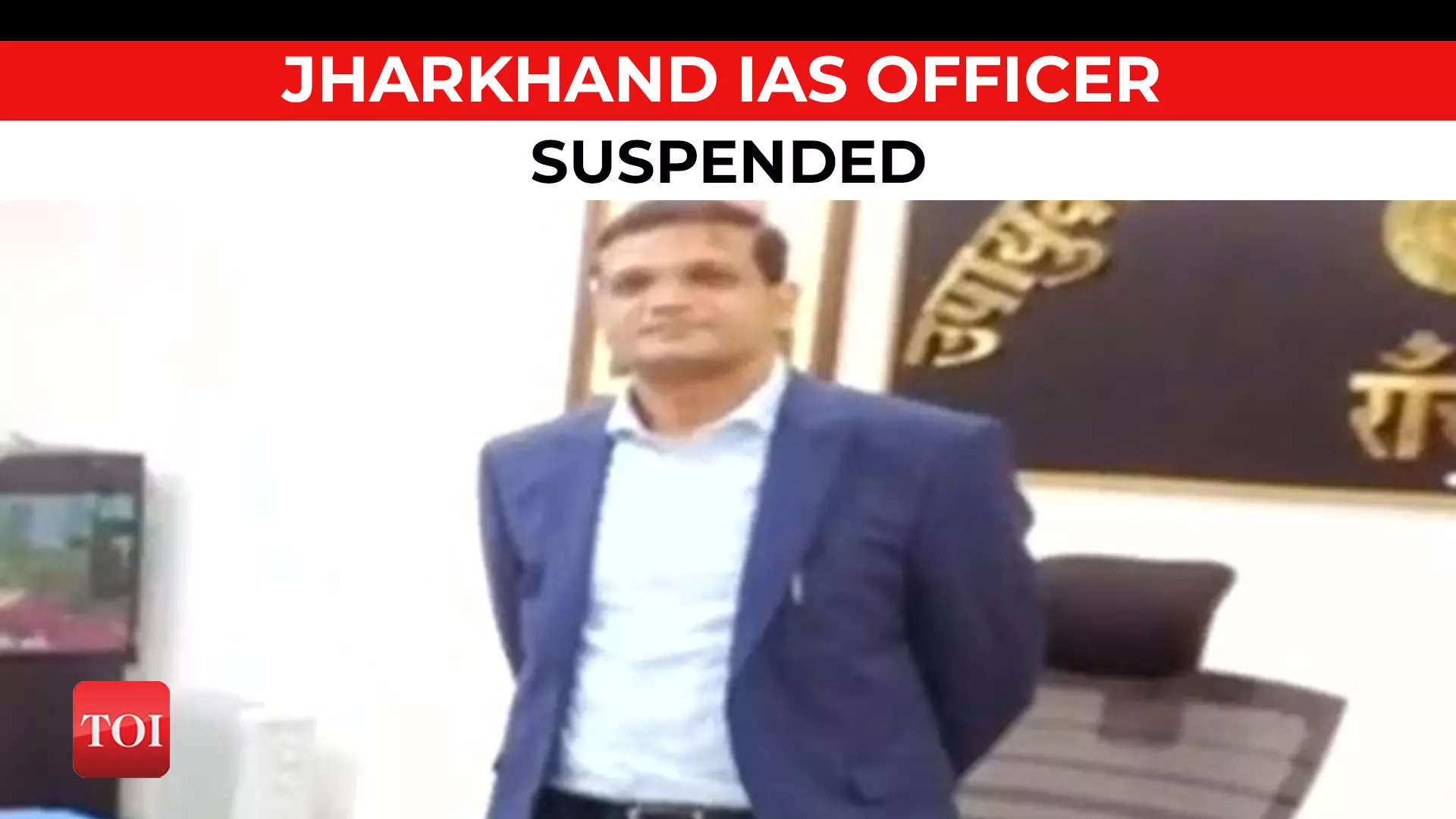100 Corrupt IAS Officers: How Bureaucratic Power Leads to Scams, Scandals, and Secrets
Explore shocking real-life corruption cases involving 100 IAS officers across India. Learn how bureaucratic power breeds corruption and why a smaller government is the solution for a fairer, corruption-free society

Introduction
IAS officers—seen as the backbone of India’s bureaucracy—are supposed to be the superheroes ensuring smooth governance, right? But let’s face it… some of them are more like the villains of the story. Instead of serving the people, these officers have been caught engaging in land grabs, bribery, and embezzling public funds.
And here’s the kicker: the more power the government holds, the higher the chances of corruption. That’s why we, as libertarians, believe in reducing government control. Less government, more freedom.
But how bad has it gotten? Well, there are 100 real-life corruption cases of IAS officers across the country. Some have embezzled public funds, some have facilitated illegal land deals, and others have played the cronyism game like it’s a sport. And guess what? You can read all about it in the Google Docs link below.
Read the full list of 100 IAS corruption cases here!
1. Land Scams: Bureaucrats Gone Wild
Here’s a fun (well, not so fun) fact: public land that’s meant to help the community somehow ends up in the hands of private individuals.
Meet the officers involved in these land grabs. They used their position to divert land meant for public projects into real estate deals. The result? Illegal profits, shady business deals, and a lot of public money gone down the drain.
If the government didn’t control land like this, there’d be fewer opportunities for these officers to play the role of real estate moguls. Imagine a world where property rights are clear, transparent, and free from bureaucratic manipulation. Wouldn’t that be nice?
2. Embezzling Funds: The Public Servants Who Serve Only Themselves

Ever wonder where your tax money really goes? Apparently, some IAS officers in Madhya Pradesh have figured out how to divert public funds for their own gain. Funds that were supposed to go into building roads, schools, and hospitals ended up in their own pockets.
In a system where government officers control the purse strings, it’s easy to see how embezzling funds becomes a temptation. But imagine if we had a system where funds weren’t funneled through a maze of bureaucratic red tape. In a smaller government, it would be harder for this kind of corruption to happen.
3. Cronyism: The Buddy System of Bureaucracy

Ever noticed how some businesses seem to get all the government contracts? That’s not just good business—sometimes, it’s good connections. Cronyism and favoritism run rampant in the bureaucracy, with officers helping businesses bypass regulations in exchange for sweet perks.
Less government intervention means fewer opportunities for bureaucrats to play the role of "middleman" for businesses. When the government isn’t picking winners and losers, businesses succeed on their own merits—not based on who they know in the bureaucracy.
4. The Real Victim: Ordinary Citizens
While corrupt officers are busy raking in money, the average citizen gets left behind. Public services suffer, roads fall into disrepair, and schools remain underfunded. The public foots the bill for these crimes, while those in power continue to thrive.
If we could reduce government control and focus on accountability, ordinary people wouldn’t be stuck with a system that benefits the few at the expense of the many. A smaller government means more efficient use of public resources—and fewer opportunities for corruption.
Libertarian Fix: Less Power, More Accountability
So, how do we solve this? It’s simple: Less government power.
By limiting government involvement, we reduce the opportunities for corruption to flourish. When officials don’t control budgets, land, or resources, there’s less temptation to misuse those powers. In a freer society, market forces and accountability would ensure fairness and transparency.
Conclusion: The Power of Less Government
The more power the government has, the more corruption flourishes. That’s why we need a government that’s smaller, more transparent, and focused on protecting individual rights. Less control means fewer opportunities for corruption.
Join us at the Libertarian Party of India, and let’s build a corruption-free future where the power lies in the hands of the people—not the bureaucrats.
Click here to read the full list of 100 IAS corruption cases.
Call to Action
Stay informed, get involved, and let us know your thoughts on how we can reduce government corruption. Follow the Libertarian Party of India for more updates on how we’re pushing for a corruption-free India.
What's Your Reaction?






















































